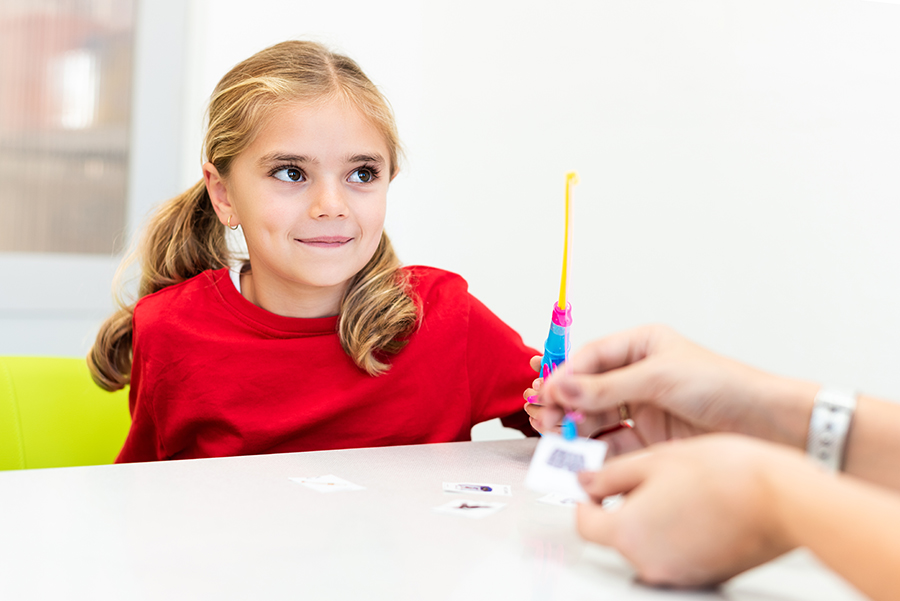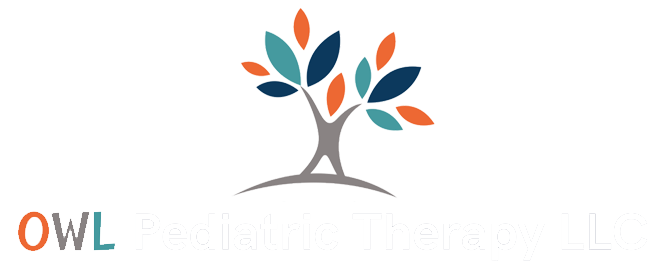
What is a Language-Based Learning Disability?
Children with a language-based learning disability typically have average cognition but have difficulty with age-appropriate oral and/or written expression and comprehension of language. A language-based learning disability can be comorbid with other disorders, such as autism spectrum disorder, executive functioning disorders, or ADHD.
Preschoolers with language disorders may have difficulty:
- Following directions
- Answering and asking questions
- Using correct word order or tense formation
- Choosing precise words (e.g. saying “thingy”) or accurate naming of objects (saying “kitty” for “cow”)
- Learning songs or rhymes
- Using correct pronouns (he, she, they)
If you have a child with a suspected language-based learning disability, you may recognize some of these symptoms from their early childhood. That’s because children who go on the have a diagnosis of a language-based learning disability often have a history of a language delay or disorder.
How will you evaluate my child’s language?
Because the language system is so complex, the evaluation of language is also complex! An assessment will look at your child’s skills in semantics, syntax, narrative language skills, and pragmatic language skills. For toddlers and preschoolers, these skills are most often assessed through play-based activities because play and language skills typically develop together. In school-aged students, formal assessments are used to evaluate each area of language. For children who are in school, it is also important to look at how these skills impact reading and writing.

Clinicians at OWL Pediatric Therapy LLC have specialized training in the following:
- Lindamood Bell’s Visualizing and Verbalizing
- LiPS: The Lindamood Bell Phoneme Sequencing Program
- Reading with TLC Lively Letters And Sight Words You Can See
- Incorporating Multisensory Approaches in the Classroom
- From Pretend Play to Literacy: Connecting Language, Play & Social Cognition To Reading & Academic Success
- Written Expression Strategies (Landmark School)


